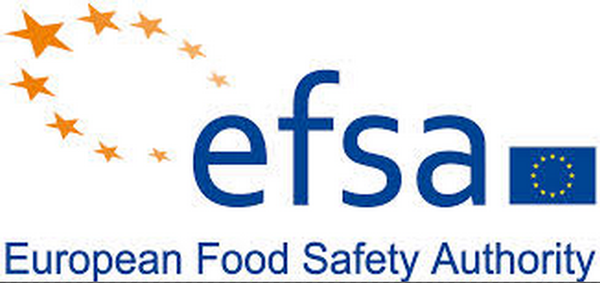EFSA: Frying, Baking and Roasting Increases Risk of Acrylamide Exposure and Cancer

The European Food Safety Authority’s (EFSA) Panel on Contaminants in the Food Chain has published its scientific opinion on acrylamide--a chemical that naturally forms in starchy food products during every-day high-temperature cooking--found in food, reconfirming previous evaluations that its presence in food does in fact increase consumer risk of cancer.
The panel’s findings are based on results from animal studies. Tests show that exposure to acrylamide was both genotoxic and carcinogenic, ultimately causing damage to DNA and triggering cancerous cells. While human studies evaluating the effect of dietary exposure to acrylamide have been initiated, the EFSA says that those outcomes are “currently limited and inconclusive”.
While the risk of cancer is a possibility in all age groups, research suggests that children may experience more exposure to acrylamide because they have lower body weights. Besides cancer, the panel also considered possible harmful effects of acrylamide on the nervous system, pre- and post-natal development and male reproduction. These effects were not considered to be a concern, based on current levels of dietary exposure.
Fried potato products, coffee, biscuits, crackers, and bread (crisp and soft) are all food items that are responsible for high acrylamide exposure--usually formed during processes such as frying, baking, roasting and methods generally relied upon to ‘brown’ foods. Acrylamide is also present in tobacco smoke.
Although the EFSA’s study did not focus on prevention, the panel does believe that changes in cooking ingredients, storage methods and cooking temperatures can influence levels of acrylamide in food, and by extension the level of consumers’ dietary exposure.
Looking for a reprint of this article?
From high-res PDFs to custom plaques, order your copy today!




